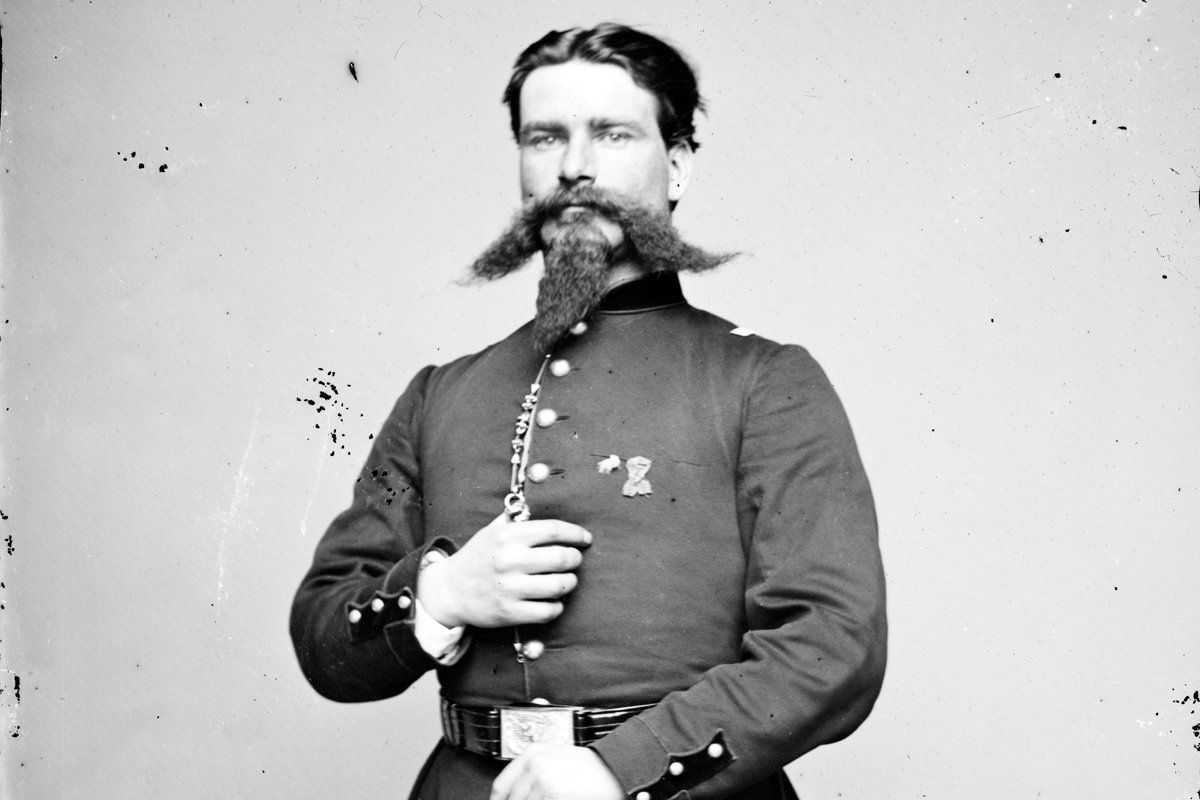
When Americans look back on their great Civil War from 1861 to 1865, and they're doing that a lot right now, they tend to see it as exclusively an internal affair. Hundreds of thousands died in horrific battles. The slaves were freed. The Union saved. And what was going on across the Atlantic was hardly relevant. But as Amanda Foreman makes abundantly clear in her massive, magisterial history A World on Fire: Britain's Crucial Role in the American Civil War, nothing could be further from the truth. There's a lot here worth thinking about in terms of today's geopolitics. When should a great power get involved in a distant conflict? When should it keep its distance? London's dilemmas then are not so different from Washington's today.
All the key players understood that the War Between the States had tremendous global implications. At stake over the short run were supplies of cotton, the most important trading commodity of the time. Whole industrial economies depended on it—80 percent of the raw fiber used in the vast mills of Lancashire came from the Confederate states. They were, like the oil producers of today, sure that great powers couldn't do without them. Over the long run, it was already clear that if the United States did remain united, its power was likely to rival and surpass Great Britain's. So London had, on the face of it, every incentive to help the Confederates tear America in two.

President Abraham Lincoln and his secretary of state, William Seward, were well aware of the decisive role Britain could play, and Seward used stunning brinkmanship to prevent it. Days before the first Battle of Bull Run in July 1861, Seward warned the correspondent for The Times of London that "a contest between Great Britain and the United States would wrap the world in fire, and at the end it would not be the United States which would have to lament the results." But by the end of the year, when a Union captain impetuously stopped a British ship on the high seas to remove two Confederate envoys, there was such fury in London that Seward almost found out for real what would come of fighting everyone.
Foreman argues that Britain was almost as torn by the war as America was. Over the course of almost 1,000 pages, Foreman presents an enormous cast of characters—generals, intrepid war correspondents, and a wonderful array of propagandists and secret agents. But her focus is on the men at the center of the diplomacy: the British envoy Lord Lyons; Seward; the American envoy Charles Francis Adams; and the British foreign secretary, Lord Russell. Foreman is a tremendous biographer, and as she chronicles the complex, changing relations among these four, she goes far to explain why Britain never fully supported the Confederacy. And why, had it done so, the cause of the South might not have been lost.
Uncommon Knowledge
Newsweek is committed to challenging conventional wisdom and finding connections in the search for common ground.
Newsweek is committed to challenging conventional wisdom and finding connections in the search for common ground.
About the writer
To read how Newsweek uses AI as a newsroom tool, Click here.








